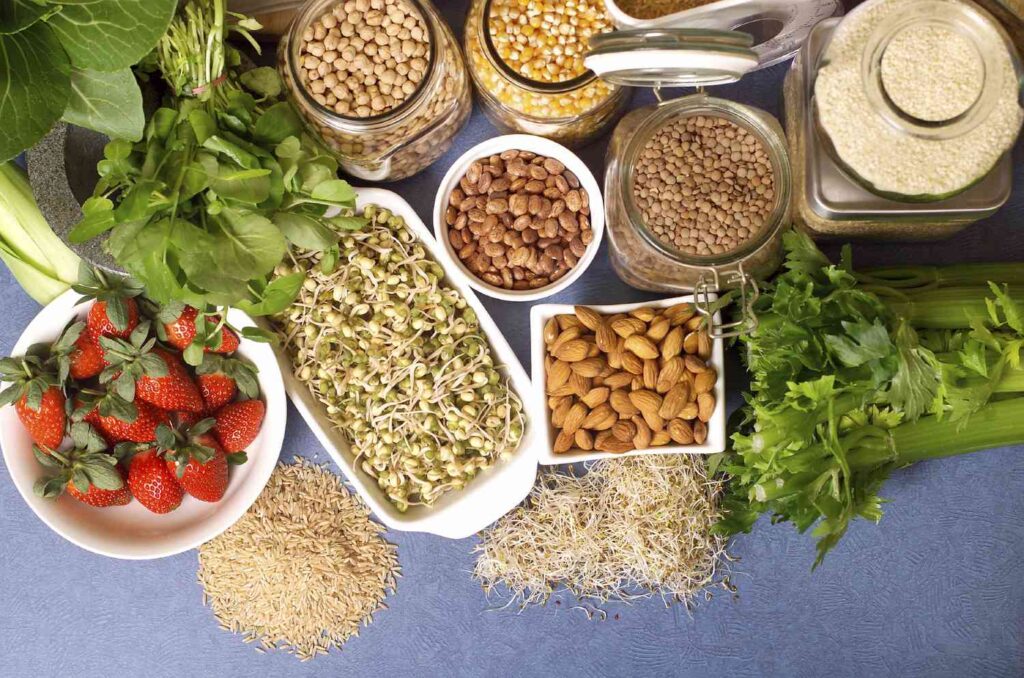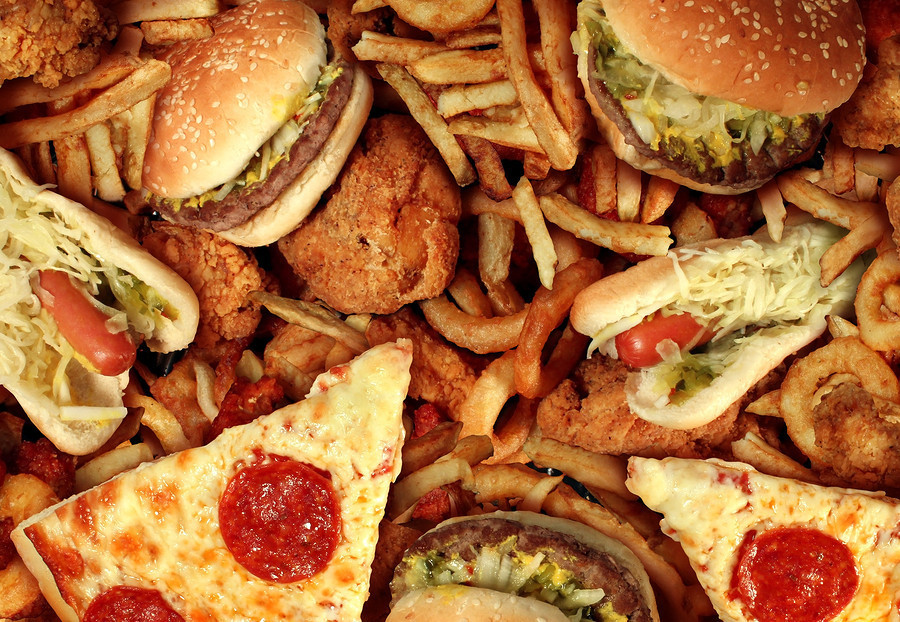Losing belly fat primarily involves overall weight loss. Experts agree that no matter how many sit-ups you perform, you can’t specifically target belly fat without addressing your overall weight.
Targeting belly fat directly through dieting is not feasible. However, losing weight overall can help decrease your waistline and, more crucially, reduce the dangerous layer of visceral fat. According to Kerry Stewart, Ed.D., the director of Clinical and Research Physiology at Johns Hopkins, overall weight loss is essential for improving health outcomes.

Eat plenty of soluble fiber
Soluble fiber absorbs water and forms a gel that helps slow down food as it passes through your digestive system. Fiber may promote weight loss by helping you feel full, so you naturally eat less.
Excellent sources of soluble fiber include :
- fruits
- vegetables
- legumes
- oats
- barley

Avoid Trans Fats for Better Health
Look out for terms like “partially hydrogenated fats,” which indicate the presence of trans fats. By making a conscious effort to avoid these unhealthy ingredients, you’ll be taking a significant step toward a healthier lifestyle.

Keep Your Alcohol Consumption in Check
While enjoying a drink now and then can have some health benefits, it’s important to remember that moderation is key. Drinking too much alcohol can lead to unwanted belly fat.
You don’t need to eliminate alcohol entirely from your life; simply cutting back can help you manage your waistline.

Embrace a High-Protein Diet
When it comes to managing your weight, protein is a superstar nutrient!
Eating a diet rich in protein can help your body release a hormone called peptide YY, which plays a big role in making you feel full and satisfied. This means you’ll likely have a smaller appetite and find it easier to stick to your healthy eating habits.

To reap these benefits, try to include a solid source of protein in every meal. Here are some great options:
- Meat
- Fish
- Eggs
- Dairy products
- Whey protein
- Beans
Lower Your Stress Levels
Managing stress is crucial for preventing belly fat accumulation. When you’re stressed, your adrenal glands release cortisol, commonly known as the stress hormone.
Studies have found that elevated cortisol levels can boost your appetite and lead to increased fat storage in the abdominal area. Interestingly, women with a larger waist circumference often produce even more cortisol when faced with stress, which can contribute to further fat gain around the midsection.

Limit Your Sugar Intake
Consuming a lot of sugary foods can be detrimental to your health, especially since many sugary items contain fructose. When taken in excess, fructose has been linked to several chronic diseases, including heart disease, type 2 diabetes, and fatty liver disease.

Engage in Aerobic Exercise (Cardio)
Aerobic exercise, commonly known as cardio, is a great way to boost your health and burn calories. Research indicates that it can also be an effective strategy for reducing belly fat. However, studies show mixed results regarding whether moderate or high-intensity workouts yield better results.

Incorporate Resistance Training (Weightlifting)
Resistance training, often referred to as weightlifting or strength training, is essential for maintaining and building muscle mass.

Prioritize Restful Sleep
Sleep plays a crucial role in your overall health, including weight management. Research indicates that insufficient sleep may be associated with a higher risk of obesity and increased belly fat in certain groups.
A 16-year study involving over 68,000 women revealed that those who averaged less than 5 hours of sleep per night were significantly more likely to gain weight compared to those who got 7 hours or more of sleep each night.
Track Your Food Intake and Exercise
There are many strategies to help you lose weight and reduce belly fat, but the most important factor is consuming fewer calories than your body requires for maintenance.
Keeping a food diary or using an online food tracker or app can help you monitor your calorie intake, and this approach has been proven effective for weight loss.
Additionally, food tracking tools enable you to keep an eye on your intake of protein, carbs, fiber, and micronutrients. Many of these tools also allow you to log your exercise and physical activity.